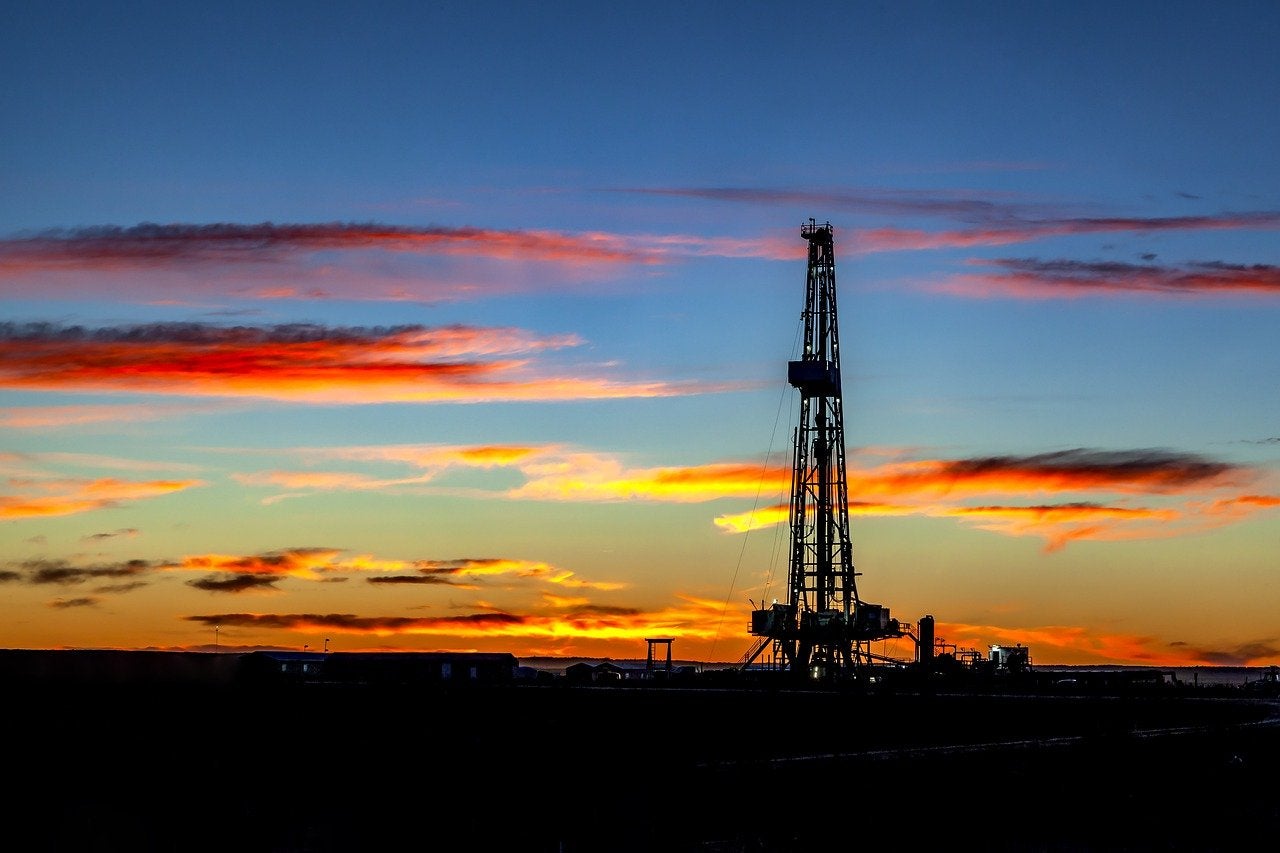
The US is planning to advance with onshore lease sales, a move that may mark the resumption of new oil and gas development on federal lands.
The US Department of the Interior announced that the Bureau of Land Management (BLM) will issue notices for reformed onshore lease sales after addressing the shortcomings in the federal oil and gas leasing programme.

Discover B2B Marketing That Performs
Combine business intelligence and editorial excellence to reach engaged professionals across 36 leading media platforms.
The move follows the department’s November 2021 report that highlighted that federal oil and gas leasing programmes and their administration remained virtually unchanged for decades.
This week, the BLM will issue final environmental assessments and sale notices for future lease sales that are based on several recommendations of the report.
BLM assessed eligible acreage located in the states of Colorado, Montana, Alabama, Nevada, Oklahoma, New Mexico, North Dakota, Utah and Wyoming.
Overall, it assessed 646 parcels totalling around 733,000 acres.

US Tariffs are shifting - will you react or anticipate?
Don’t let policy changes catch you off guard. Stay proactive with real-time data and expert analysis.
By GlobalDataHowever, following an environmental review, the final notices will include 173 parcels on roughly 144,000 acres, an 80% less acreage from what was originally nominated by the industry.
Additionally, the companies will pay higher royalties of 18.75% for new competitive leases.
Commenting on the move, Secretary Deb Haaland said: “How we manage our public lands and waters says everything about what we value as a nation. For too long, the federal oil and gas leasing programmes have prioritised the wants of extractive industries above local communities, the natural environment, the impact on our air and water, the needs of Tribal Nations, and, moreover, other uses of our shared public lands.
“Today, we begin to reset how and what we consider to be the highest and best use of Americans’ resources for the benefit of all current and future generations.”





